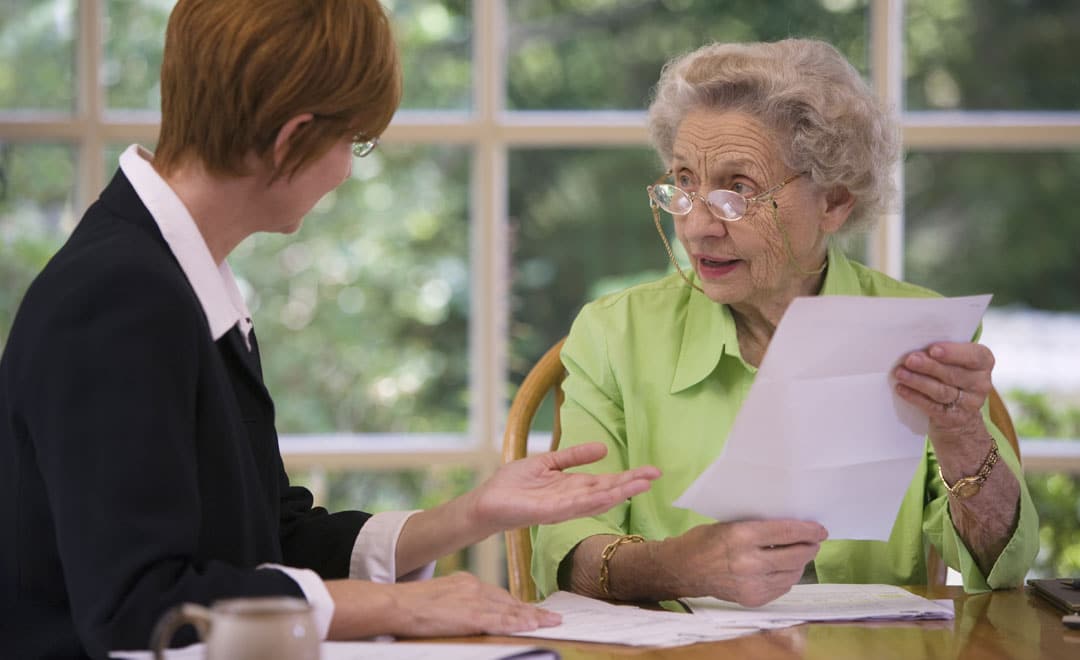As we age, many of us will experience a natural cognitive decline or side effects from medications. Aging also increases the risk of dementia, putting seniors in a vulnerable position for financial abuse. While once savvy investors, some seniors can be coerced into withdrawing money to help those “in need,” when there is no actual need and only greed. Fortunately, to help protect the financial interest of seniors, there are items you can put in place for yourself or your elderly parents.
When it comes to preserving family wealth, a chosen fiduciary can step into the shoes of the investor and act in their best interest. This may be a family member or a professional fiduciary. The fiduciary makes decisions that the principal would have made—not what he or she would do for him- or herself.
A fiduciary should be educated and possess the knowledge to fulfill the role. The person in this role should also be liked and easy to get along with, as he or she may encounter disagreements along the way. A likable person may be more apt to smooth out conflicts while maintaining their duty. Availability is another attribute for a fiduciary. The job may be time-consuming and taxing, depending on the wealth involved. The named fiduciary is a trusted position, someone honest and professional bringing stability to the situation with a level head.
Investors who work with a financial adviser or work directly with a custodian should also consider adding a trusted contact to the account. This is a person your adviser can contact if they suspect you are a target of financial exploitation. Trusted contacts cannot view your accounts or obtain any information on your wealth or transactions—they are merely there to confirm your mental or physical health should the financial adviser or custodian have concerns that you’re becoming unable to manage your finances alone. Think of this as a safety net should your adviser see any unusual activity. It’s common for an elderly investor to withdraw funds to help a grandchild pay for college tuition. However, it could be a red flag when the elderly investor pulls more money for college tuition when the grandchild has graduated 10 years ago and insists you can’t pay the school directly.
Senior investors may also need powers of attorney should they suffer a mental decline or incapacitation. A Durable Power of Attorney (DPOA) remains active when the person who assigned it becomes mentally incompetent. This document would allow someone to step in and assume financial responsibilities, such as paying bills, moving money, or closing accounts. The DPOA is usually prepared along with an investor’s estate planning documents by an attorney.
Depending on your family dynamics, your fiduciary, trusted contact, and the person you give DPOA may or may not be the same person. Chances are you have named your spouse as your secondary; however, your spouse is aging too, so it may be time to enlist the help of your family or friends. For those who have elderly parents, having the conversation now about their intentions for their money may alleviate problems in the future.
If you have questions on how to begin identifying people to take on these roles, the experts at Henssler Financial will be glad to help:
- Experts Request Form
- Email: experts@henssler.com
- Phone: 770-429-9166






